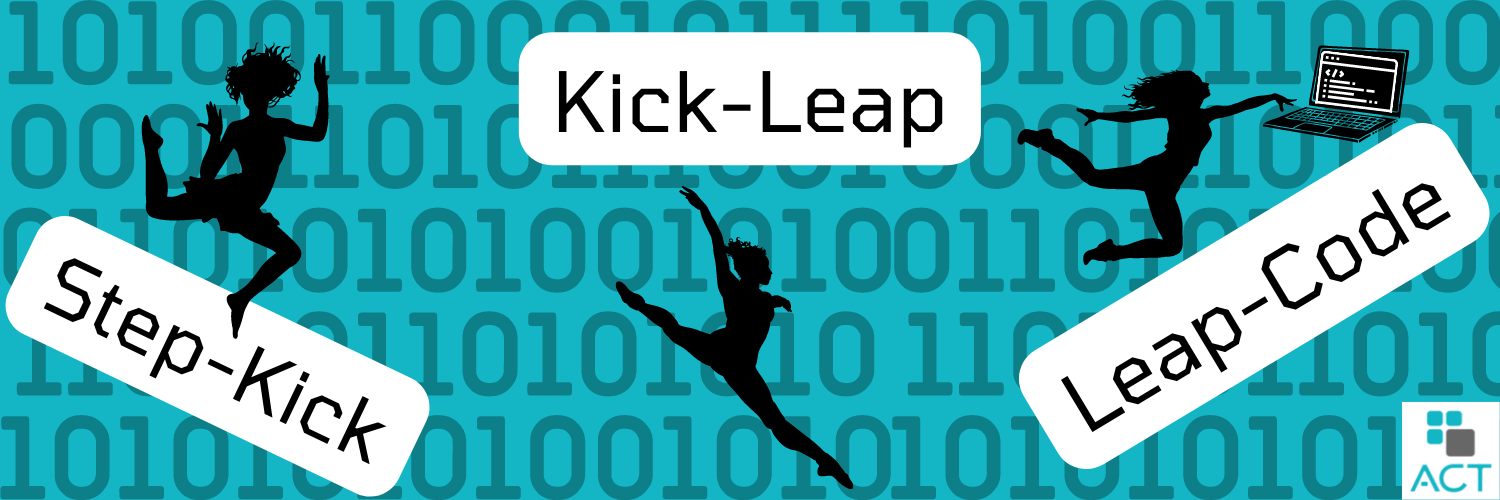Adriana Holst is one of several summer interns joining us at ACT | The App Association to build, grow, and develop further opportunities as they relate to her computer science and musical theatre studies at Ohio University. As Adriana enters her senior year, and as a new graduating class of students are preparing to enter the workforce, we’re highlighting how prepared (or unprepared) the future innovators of the app economy feel about this upcoming transition, how their academic careers could have better prepared them to enter the workforce, and in turn, how we can better invest in our community and our future. We’re excited to have Adriana share her insights on the future of the app economy below!
When people ask me what I’m studying, my first instinct is to play it off as a joke. I am loving my educational experience, but as a woman studying both computer science and musical theater, a full-throated reply is usually a conversation killer. My love of a practice that is not financially profitable—or typically associated with academia at all—lives in stark contrast to my love of a field that is associated with an academically rigorous, male-dominated, traditionally desirable degree. After a beat, I often lead with my computer science degree and mutter “musical theater,” hoping to dodge the inevitable skepticism—dare I say condescension—that typically follows. Still, each time I do this, I feel the guilt creep in as I bite my tongue to avoid saying what I want to say.
What I want to say is that I owe so much of who I am today to the versatile education I’ve been fortunate to pursue. What I want to say is that “theater people” are some of the hardest working team players I have ever met – and that a weekend hackathon doesn’t begin to create community like an emergency dance call days before a show’s opening night. While fewer things on earth have humbled me more than tracing hundreds of lines of code to find a single bug in the form of a semicolon, it’s the 13 hour tech rehearsals that gave me the patience and the self-awareness to recognize that I am a small part in something much larger, and an understanding that I have to move past the bruises to my ego when I make mistakes so that I can help my team get to where we need to be.
What I want to say is that the benefits don’t flow in just one direction either. Programming makes me a better actress. Yes, really. Software and theatrical development share some fundamental truths like the central role of the audience and the importance of staying close, keeping up, and growing alongside their inevitable evolution. In the time it takes a programmer to identify a problem, design a solution, develop and test the software, and get it out to the world, the problem has inevitably evolved. Likewise, in the time it takes a playwright to address the world they see around them, write and workshop a play in response, get it produced and cast, etc., whatever initial climate they were responding to will also have inevitably evolved. This is why we need software updates and why theater artists—both on and offstage—must constantly reevaluate their work.
What I want to say is that STEAM education was essential for my development as a person, problem-solver, programmer, and artist. I was lucky to start my computer science path in high school—a gift not awarded to all American students equally—and I cannot imagine how vastly different my worldview would be if I had not studied these two disciplines in parallel. Isolating one from the other diminishes them both and, by extension, students as well. The development of “soft skills”—such as public speaking, ability to work in a team, creativity, and ability to do a triple pirouette (just kidding about that last one, I still can’t land a triple)—was highly encouraged in my STEAM education, in a way that simply will not happen without completely interdisciplinary education.
What I want to say is that tech education is still a privilege in this country—a privilege that many still don’t have access to until late in their educational life—if at all. Today, only 47 percent of high school classrooms teach computer science. The vast majority of American students will never be exposed to computer science in the interdisciplinary way that is the hallmark of a solid K-12 curriculum. These students will never understand why their drama classes make them better programmers—or vice versa—and both industries are worse off for this. Further, the shortage of solid K-12 computer science education creates an artificial scarcity of technical talent, leading all too many academic institutions to ignore the development of soft skills for comp sci students altogether. This is a complex problem with many moving parts. Public schools have unequal funding, high speed broadband access is still not guaranteed, teachers’ salaries can’t compete with tech salaries, and the list goes on and on, but the overriding message is clear: Without integrated K-12 computer science education, the app economy will continue to be starved by an artificial scarcity of versatile and creative programmers. All is not lost.
The future of the app economy and the people who drive it depend on legislation like the Computer Science for All Act, a bill that would invest in the creation of a diverse K-12 tech pipeline, broadband provisions in the bipartisan infrastructure bill, in addition to the allocation of $250 million towards teachers’ professional development towards STEM fields. We are hopeful Congress can begin to supply students, teachers, and school systems with the resources, tools, and skills they need to participate in the app ecosystem.
